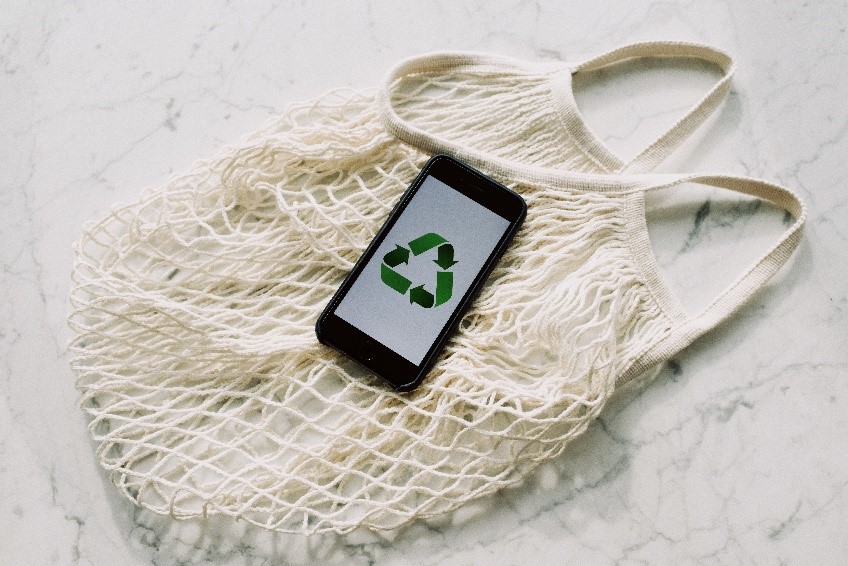Sustainable consumption is directly related to the concept of sustainable development, which is about achieving long-term social and economic goals while taking into account positive or minimal environmental impact. [1]
Nowadays, consumption significantly contributes to serious environmental problems such as resource depletion, water pollution, air pollution, climate change, degradation of the global ecosystem.
The principle of sustainability implies minimal consumption of resources, but the concept of consumerism is the opposite of this. Therefore, it is important for companies to implement a sustainable marketing strategy that enables sustainability and minimizes the effects of consumption.
What are the goals of sustainable consumption?
– Education related to sustainable consumption
– Development of public transport and transport which will be environmentally friendly
– Reduction of the harmful impact of processes related to the production, use and disposal of goods on the environment
– Development of technologies which will contribute to energy and water saving
– Development of correct marketing concepts
– And many more

Below is an example of a company with a strong focus on sustainability:
Henkel – Henkel operates worldwide and offers innovative brands and technologies in three business areas: Adhesive Technologies, Beauty Care and Laundry&Home Care . The company has a significant competitive advantage over other businesses because it excels in innovation, sustainability and digital technologies. The company plans to become a „Climate Positive” company by 2040 and reduce the carbon footprint of its manufacturing processes by 65% by 2025. The company is also aiming for a closed loop economy and wants to eliminate plastic waste, so their plans extend to designing packaging that is recyclable or reusable.
The concept of sustainability will be visible in all the company’s activities and will become a reference point for the innovation strategies of the consumer departments. Henkel also places great emphasis on sustainable solutions and social engagement of brands
In summary, by implementing principles related to sustainable consumption, we aim to achieve sustainability goals. As you can see, each of us has an impact on sustainable consumption. By introducing simple habits into our lives, such as saving water, using sustainable transport or separating waste, we can contribute to reducing our individual carbon footprint.
You are interested in this topic? Learn more about sustainable consumption and sustainable action for youth thanks to our SUSTRAINY European Project: https://sustrainy.erasmus.site/results-1/
[1] Consumption, Promoting Sustainable. „Good practices in OECD countries.” (2008): 7.
